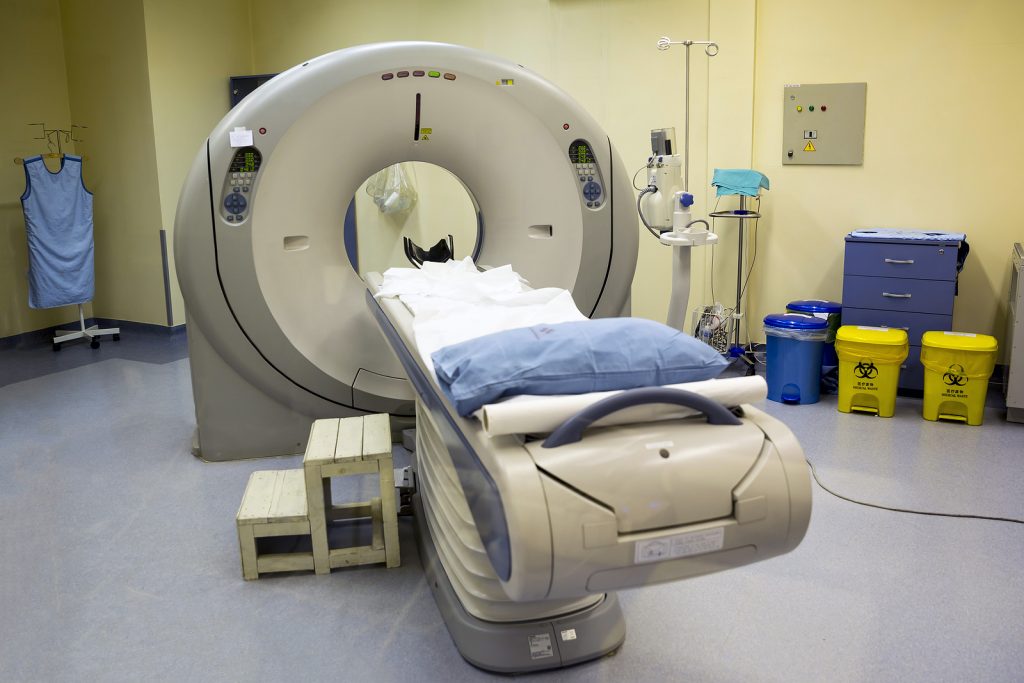
MRI (magnetic resonance imaging) is a medical imaging technique that is used to produce detailed images of the body’s internal structures. It is a non-invasive and safe procedure that is used to diagnose and monitor a wide range of medical conditions. However, for some individuals, the thought of undergoing an MRI can cause significant anxiety and fear. In this article, we will explore the topic of MRI anxiety and provide tips for managing and coping with this type of anxiety.
What is MRI anxiety?
MRI anxiety is a type of anxiety that is specifically related to undergoing an MRI procedure. It can manifest as a range of symptoms, including fear of enclosed spaces, fear of loud noises, and fear of being in the MRI machine. This type of anxiety can be triggered by previous negative experiences or by a lack of understanding about the procedure.
Causes of MRI Anxiety
There are several possible causes of MRI anxiety, including:
Previous negative experiences: If an individual has had a previous negative experience with an MRI, such as feeling claustrophobic or experiencing pain during the procedure, they may develop a fear of undergoing another MRI.
Lack of understanding: If an individual does not understand what an MRI is or what the procedure entails, they may be more likely to experience anxiety.
Medical conditions: Individuals with certain medical conditions, such as panic disorder or claustrophobia, may be more prone to experiencing anxiety related to an MRI.
Symptoms of MRI Anxiety
Symptoms of MRI anxiety can vary from person to person, but common symptoms include:
- Difficulty breathing
- Rapid heartbeat
- Sweating
- Nausea
- Fear of enclosed spaces
- Fear of loud noises
- Fear of being in the MRI machine
- Avoiding scheduling the MRI
Tips for managing and coping with MRI anxiety
There are several tips for managing and coping with MRI anxiety, including:
Talk to your doctor or MRI technician: If you are experiencing anxiety related to an MRI, it is important to talk to your doctor or the MRI technician. They can provide you with information about the procedure and answer any questions you may have.
Practice relaxation techniques: Relaxation techniques, such as deep breathing, meditation, and yoga, can help to reduce anxiety and calm the mind.
Use of noise-canceling headphones or earplugs to help with the noise
Request a mild sedative or anti-anxiety medication
Request to be accompanied by a companion or friend during the scan
Request an open MRI, which is more spacious, if possible
Importance of seeking professional help
If your MRI anxiety is preventing you from getting the scans you need, it is important to seek professional help. A therapist or counselor can help you work through your fears and develop strategies for coping with anxiety. They can also offer you therapy like cognitive behavioral therapy that helps change the perception of the procedure. In addition, your healthcare provider can help by prescribing medication to help you manage your symptoms. Remember that MRI is an important diagnostic tool that is crucial for getting the correct diagnosis, treatment, and management of your health conditions. With the help of a healthcare professional, you can overcome your MRI anxiety and take the necessary steps toward better health.
Conclusion:
In conclusion, MRI anxiety is a type of anxiety that is specifically related to undergoing an MRI procedure. It can cause a range of symptoms and can be caused by previous negative experiences, lack of understanding, or certain medical conditions. However, there are several tips and strategies for managing and coping with MRI anxiety, including talking to your doctor. As well as practicing relaxation techniques, using noise-canceling headphones or earplugs, requesting a mild sedative or anti-anxiety medication, requesting to be accompanied by a companion or friend during the scan and requesting an open MRI.
Seeking professional help from a therapist or counselor, or discussing medication options with your healthcare provider, is also important for managing MRI anxiety. Remember that an MRI is an important diagnostic tool that can provide crucial information about your health, so it’s important to take steps to manage your anxiety so you can obtain the necessary scans. With the right support and guidance, you can overcome your MRI anxiety and take steps toward better health.






